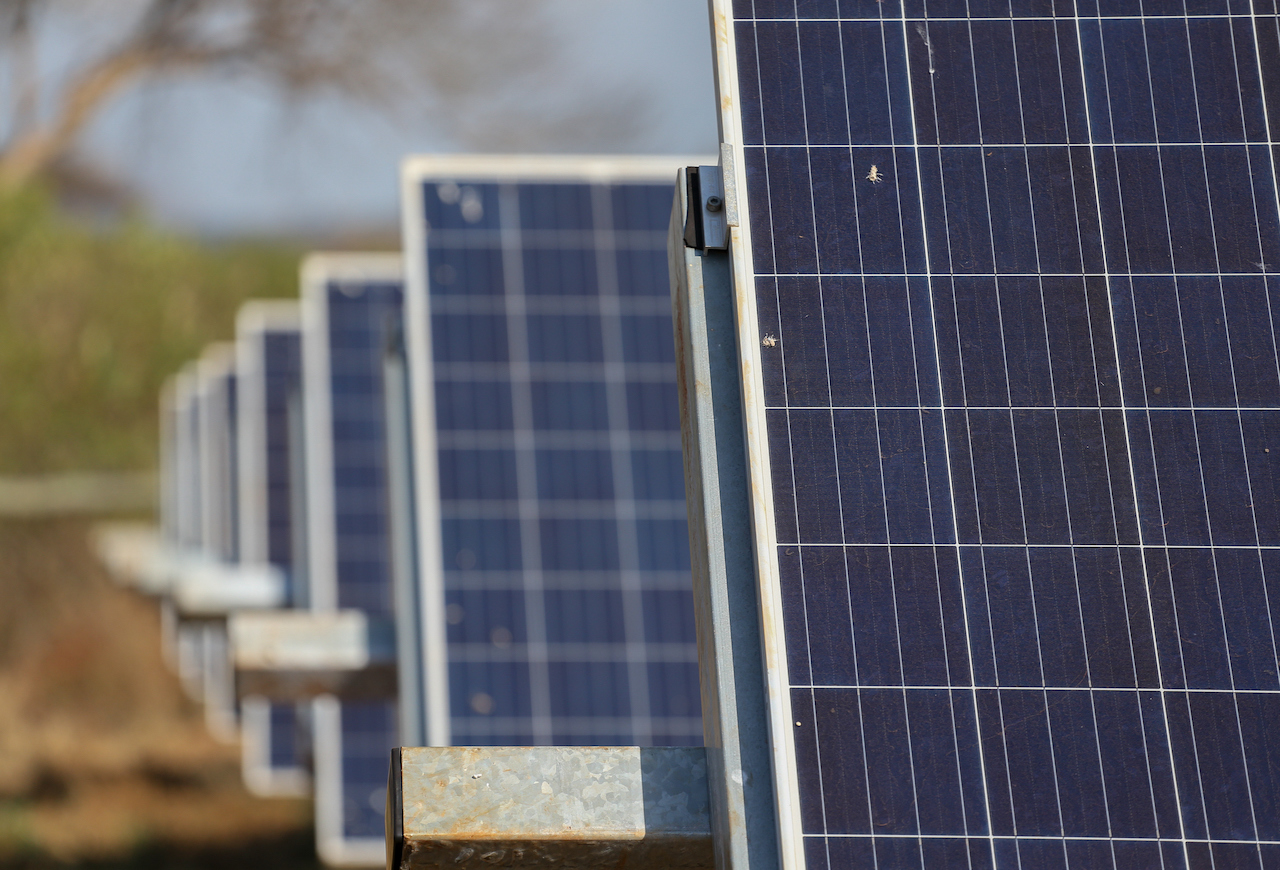Husk Power Systems announced its ‘Africa Sunshot’ initiative at the Africa Climate Summit held in Nairobi. The goal is to have 2,500 net-zero mini-grids operating across the continent within five years.

In a major commitment to fast-track climate-resilient economic growth in rural sub-Saharan Africa, Husk Power Systems this week announced the ‘Africa Sunshot’ initiative. The goal is to have 2,500 net-zero mini-grids operating in off-grid and weak-grid communities in the region within five years.
Founded in 2008, Husk Power Systems is a net-zero energy company serving rural Asia and Africa, and owner and operator of the largest fleet of community solar mini-grids across the two continents.
At the inaugural Africa Climate Summit held this week in Nairobi, Husk put forward a set of five-year impact goals, including achieving 1 million new connections directly impacting 7.7 million people, and 225,000 micro, small and medium sized enterprises (MSMEs) connected.
In the 33 least developed countries (LDCs) in Africa, the electrification rate is only 36%. According to the World Bank, powering 380 million people in sub-Saharan Africa by 2030 will require the construction of more than 160,000 mini-grids at a total cost of $91bn. At the current pace, only about 12,000 new mini-grids serving 46 million people will be built.
Husk stated: “Without a massive industry scale-up and a more than ten-fold increase in the industry’s current deployment rate, SDG7 will remain decades away.”
Mobilising impact investors
Husk expects to mobilise $500m in equity and debt to finance the ‘Sunshot’. Manoj Sinha, Husk’s co-founder and CEO, said that “all investors, including development finance institutions, infrastructure funds, and commercial debt providers, must provide the appropriate quantum, tenure and cost of capital to meet these accelerated timelines”.
With the needed ten-fold increase in mind, earlier this year Husk put forward a new public-private partnership (PPP) framework, offering to mobilise financing to build hundreds of mini-grids in Africa if the right conditions are in place.
To date, Husk has raised more than $40m in equity and debt. Its Series C funding included Shell Ventures as the lead, with participation from Engie Rassembleurs D’Energies and two DFIs, Swedfund and FMO. A spokesperson for Husk declined to disclose the identity of investors in the current initiative to Impact Investor, but stated “it’s a mix of development finance institutions, strategics from the energy sector, and infrastructure funds”.
Earlier this year Husk Power Systems secured funding from Germany’s development finance institution DEG to build eight new community solar microgrids in Nigeria, and to support expansion of the company’s India operations. DEG allocated the funds from its Up-Scaling Program, which is co-financed by the Federal Ministry for Economic Cooperation and Development.






